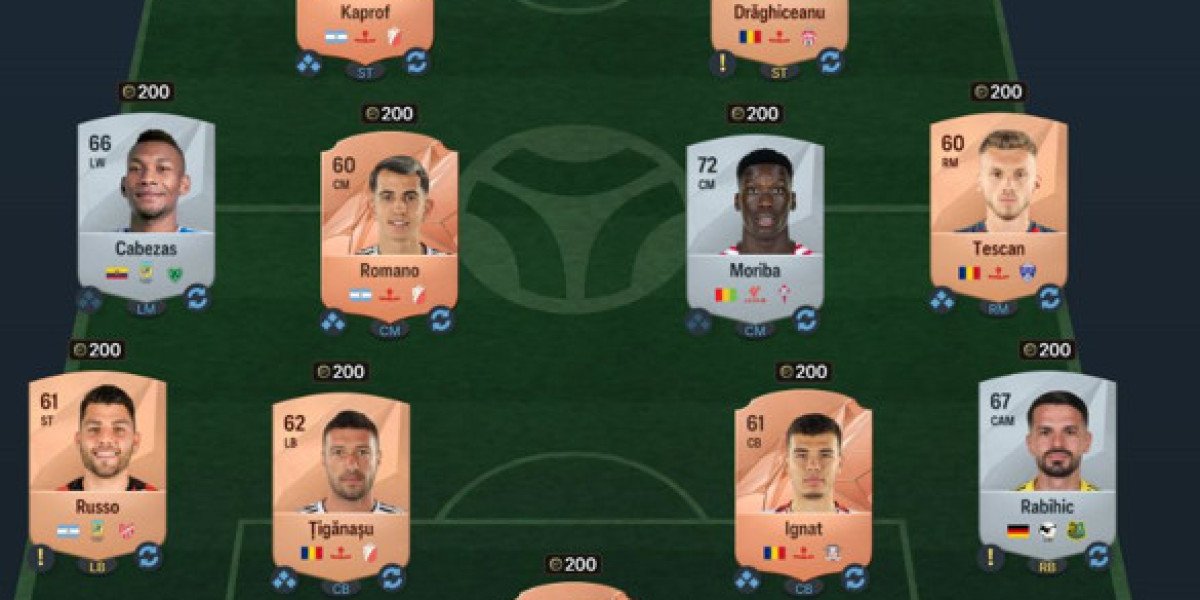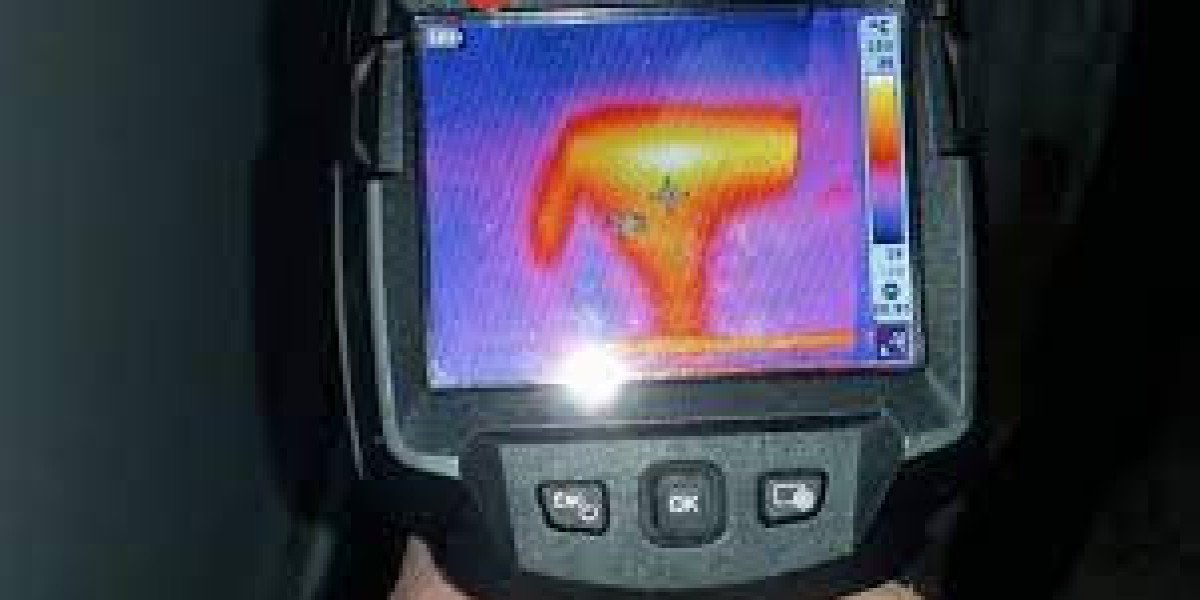In an increasingly digital world, cybersecurity is no longer optional—it's essential. Every organization, big or small, needs professionals to defend their data and systems from cyber threats. That’s where ethical hackers come in.
If you're a BCA student wondering how to become an ethical hacker while pursuing BCA, you’re already ahead of the curve. The good news is that you don’t need to wait until graduation to start your journey. You can begin building your ethical hacking skills during your studies—and turn your interest into a high-demand career.
Let’s break down how to do it.
Why Ethical Hacking is a Great Career Choice for BCA Students
Ethical hacking—also known as white-hat hacking—is about using hacking skills to help organizations protect their networks, data, and systems. As a BCA student, you’re already learning many of the technical foundations required, such as programming, database management, and computer networks.
Combine that with the rising need for cybersecurity professionals, and it becomes clear: this is one of the smartest tech career paths you can pursue.
Step-by-Step Guide: How To Become An Ethical Hacker While Pursuing BCA
Here’s a roadmap to start your ethical hacking career without waiting to graduate.
1. Develop a Strong Technical Foundation
Your BCA course is your launchpad. Make the most of your college subjects by gaining deep understanding in:
Computer Networks: Understand IP addresses, subnetting, DNS, firewalls, and protocols like TCP/IP.
Operating Systems: Learn both Windows and Linux, especially Kali Linux, which is widely used in ethical hacking.
Programming: Focus on Python (for scripting), C/C++ (for system-level understanding), and JavaScript (for web vulnerabilities).
Databases: Know how SQL works and how attackers exploit it using techniques like SQL injection.
The better your grip on these basics, the faster you’ll advance in ethical hacking.
2. Take Cybersecurity and Ethical Hacking Courses
To go beyond your college curriculum, enroll in online courses. These are some of the best for beginners:
Introduction to Cyber Security – Cisco Networking Academy
Google Cybersecurity Certificate
TryHackMe’s Complete Beginner Path
Ethical Hacking Course – Udemy
Cybersecurity Specialization – Coursera
These courses are often self-paced and affordable—perfect for students.
3. Set Up a Virtual Hacking Lab
You’ll need a legal, safe space to practice ethical hacking. Set up your own virtual environment:
Download VirtualBox or VMware
Install Kali Linux (hacker OS)
Add targets like DVWA, Metasploitable, or WebGoat
This virtual lab lets you test hacking tools, learn penetration testing, and experiment without breaking any laws.
4. Practice on Legal Platforms
Ethical hacking is a skill learned best by doing. Use legal platforms that allow you to ethically "hack" and solve challenges:
Hack The Box – Realistic penetration testing environments
TryHackMe – Beginner-friendly with guided paths
OverTheWire – For mastering command line and basic hacking skills
PortSwigger Academy – Learn web security and exploitation
Many of these platforms are free and provide certificates of completion—great additions to your resume.
5. Get Certified While in College
Certifications prove your skills to employers and help you stand out in the job market. While still in BCA, you can pursue:
CEH (Certified Ethical Hacker) – Industry standard
CompTIA Security+ – Strong foundational cert
eJPT (Junior Penetration Tester) – Hands-on, affordable
Google Cybersecurity Certificate – New and valuable for beginners
Choose one based on your budget and schedule, and aim to get certified by your final year.
6. Work on Personal and Open-Source Projects
Start building your hacking portfolio. Here’s how:
Contribute to open-source cybersecurity tools on GitHub
Write simple Python scripts for port scanning or brute-forcing
Document your learning on a blog or personal website
Share walkthroughs of TryHackMe or HTB machines
Projects showcase your initiative and problem-solving skills—key traits employers look for.
7. Apply for Internships or Bug Bounty Programs
Real-world experience sets you apart. While in BCA, explore:
Internships with cybersecurity firms (check LinkedIn, Internshala, or AngelList)
Bug bounty platforms like HackerOne, Bugcrowd, and Synack (where you get paid to find vulnerabilities)
Freelancing opportunities in security testing
These gigs give you credibility and can even help you earn while you learn.
8. Network With the Cybersecurity Community
Ethical hackers don’t work in isolation. Connect with like-minded professionals:
Join Reddit forums like r/ethicalhacking
Participate in Discord communities for hacking learners
Attend CTF (Capture The Flag) competitions online or at tech fests
Follow top hackers and cybersecurity influencers on X (formerly Twitter) and LinkedIn
Networking leads to mentorship, knowledge sharing, and sometimes even job referrals.
9. Stay Ethical Always
One important rule: never use your hacking skills illegally. Unauthorized access to systems is a crime, even if it’s “just for fun.”
As an ethical hacker, always:
Get permission before testing
Report vulnerabilities responsibly
Follow a code of conduct
Ethics are what define you as a professional in this field.
Career Opportunities After BCA + Ethical Hacking Skills
Once you complete your BCA with solid ethical hacking expertise, doors open to multiple roles:
Penetration Tester
Security Analyst
Information Security Engineer
SOC Analyst
Cybersecurity Consultant
You can also pursue an MCA or specialize further with advanced certs like OSCP or CISSP to climb higher in the cybersecurity field.
Final Words
So, how to become an ethical hacker while pursuing BCA? Start now. Build skills alongside your degree. Use online platforms, set up labs, get certified, and practice legally.
By the time you graduate, you'll be more than just a BCA holder—you’ll be a job-ready ethical hacker, prepared for one of the most in-demand careers in tech.






